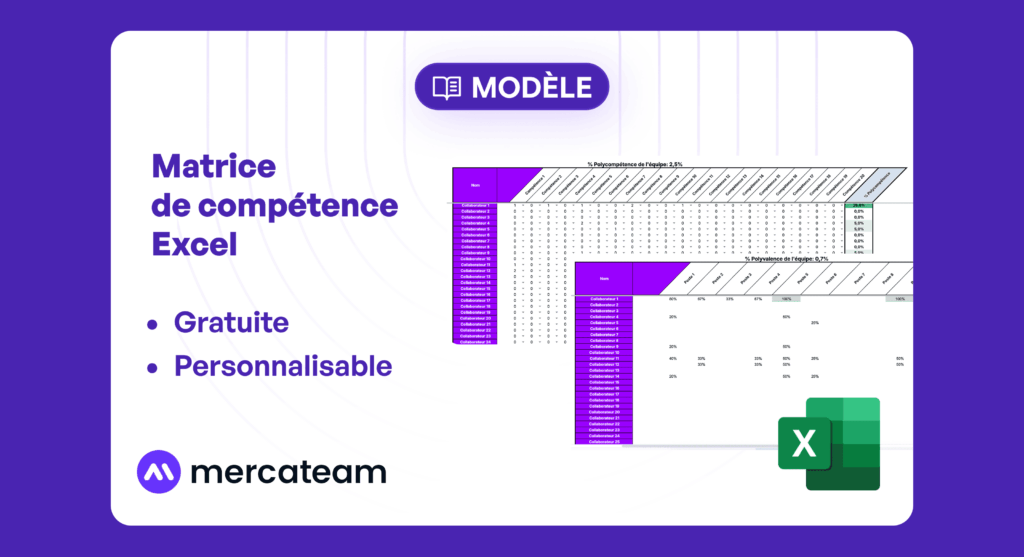I. What is Plant 4.0?
The term is often overused. For some, a 4.0 factory means AI and robots everywhere. In practice, it's all about :
- Accessible digital field tools
- Better use of available data (skills, productivity, absences, training)
- A more agile organization in the face of production contingencies
- Teams able to upgrade skills more quickly
Factory 4.0 is based on operations. Not a fad.
II. Why anticipate the transition to Factory 4.0?
- Lines are shorter, production rates more variable: teams and tools have to be adapted continuously.
- Staff turnover is increasing, and knowledge is waning: we can no longer afford to "cross our fingers" that the right skill will be there at the right time.
- Products change fast, traceability is scrutinized: a rigid organization becomes a handicap.
- It's often the field teams themselves who point to the need for simpler, clearer, more reliable tools.
The challenge is not to go fast, but not to wait for irritants to become blocking factors.
🎯 Download our free Excel skills matrix
III. Four concrete pillars of Factory 4.0
1. Skills and authorizations
- No more long Excel files
- Example: Valrhona (see case study), which has digitized skills tracking for better team planning
- Gains: real-time visibility, improved compliance, less managerial stress
2. Dynamic planning
- No need to redo schedules for every absence or unforeseen event
- Example: LVMH (Beauvais - France) see case study) uses visual multi-workshop scheduling to manage 90 temps/week
- Benefits: fewer errors, faster adaptation, no unanticipated line stoppages
3. Digital station instructions
- One-stop shop for critical know-how
- Faster training for new recruits and better continuity
- No more misplaced paper books or post-its
4. Steering HR / Production connected
- Consolidated view for HR, managers, team leaders
- Operational cockpit: who does what, where, at what level?
- Better responsiveness in the field
Discover other examples of Industry 4.0 factories
IV. How to start your 4.0 transition without complexity
- Map your skills with a simple template (downloadable)
- Deploy a digital versatility chart with real-time views
- Standardize your instructions and make them available online
- Connect everything in a unified cockpit (skills x digital planning x training)
Mercateam deploys this in just a few weeks, based on your business repositories and real-life constraints.
🎯 Request a free demo of Mercateam software





